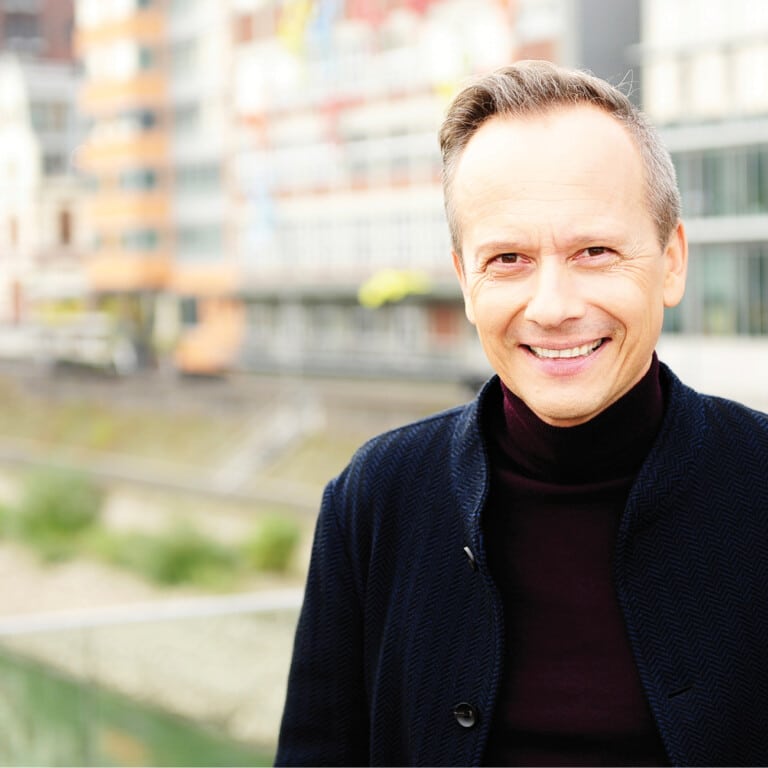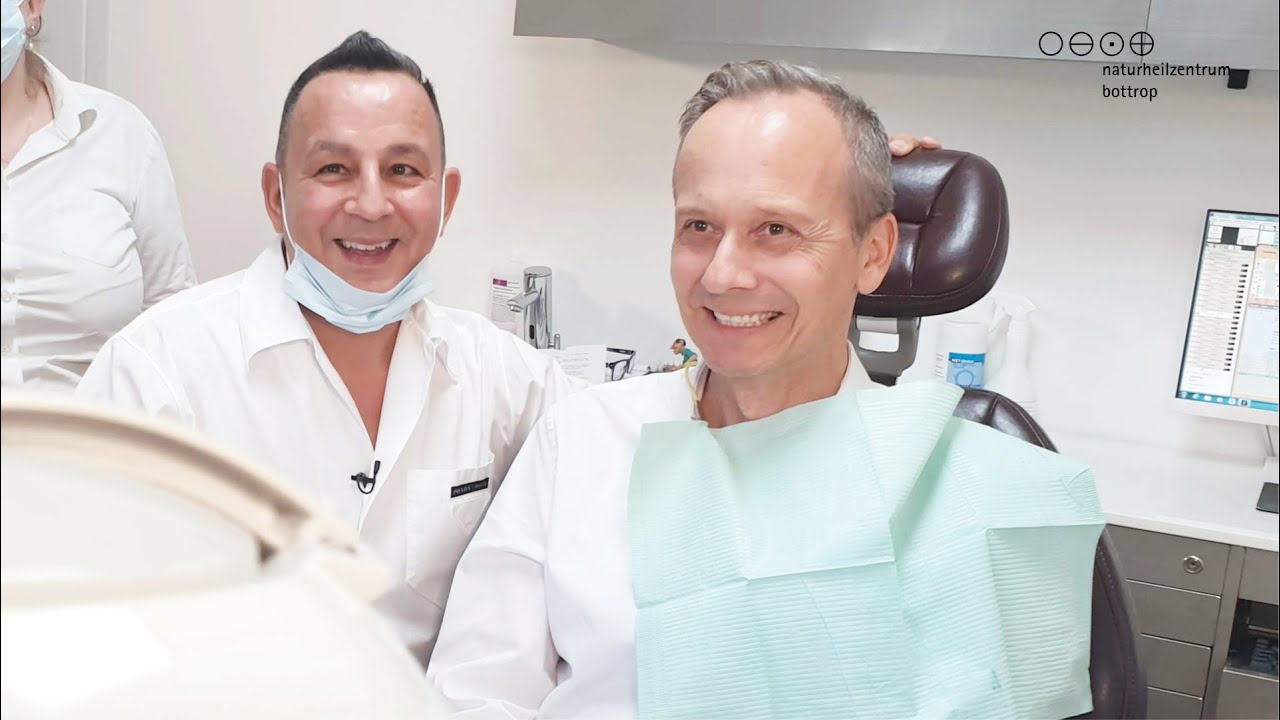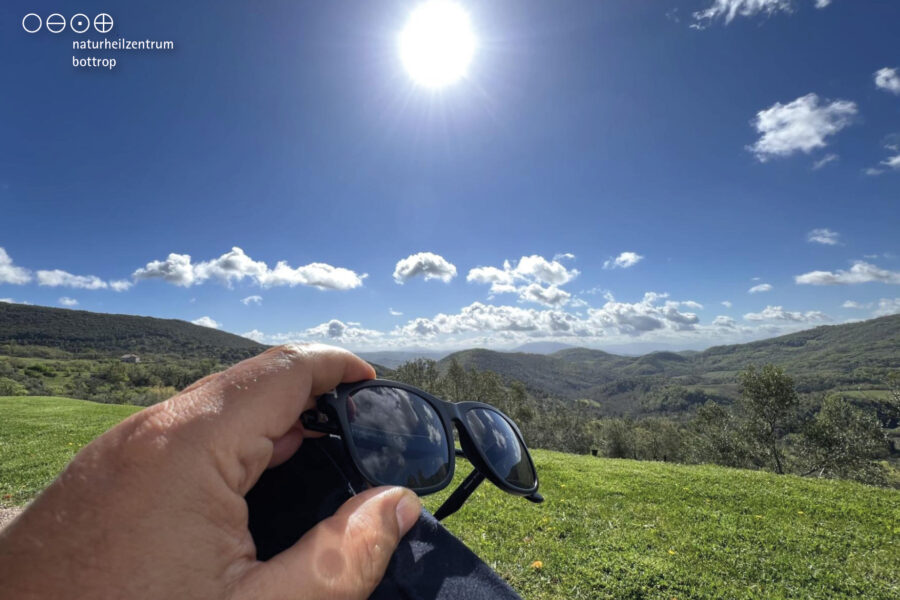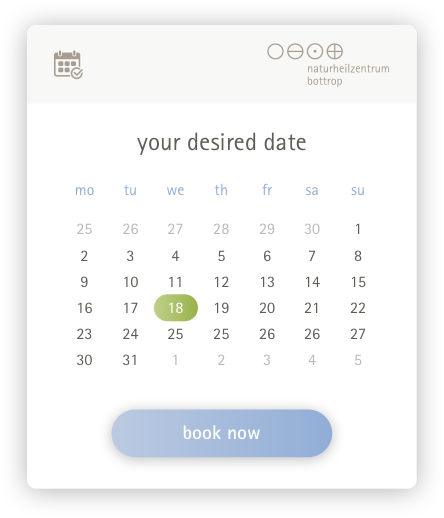Tablets without any impact? – The placebo effect
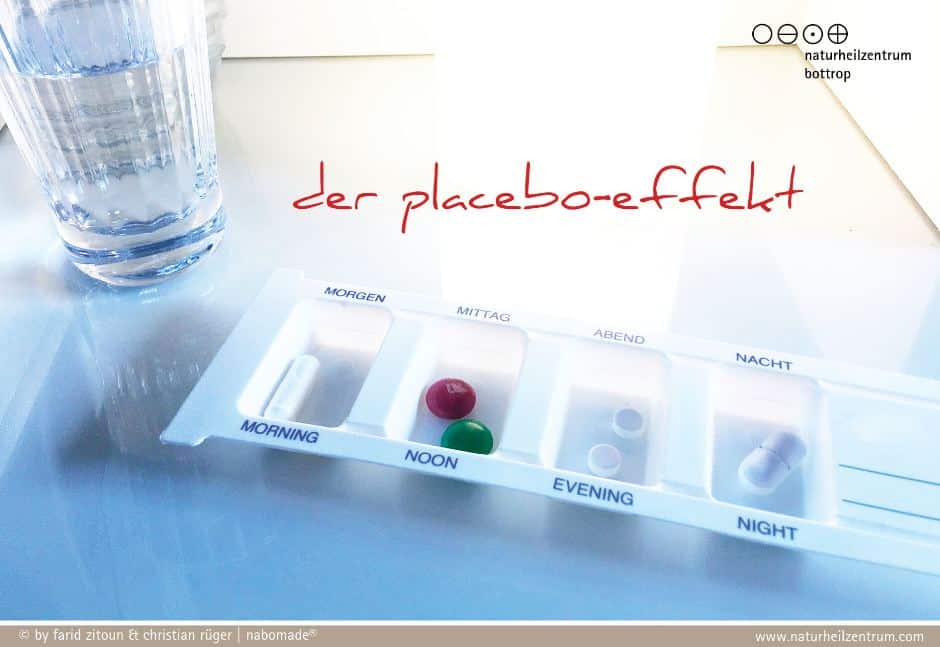
The placebo effect has fascinated medicine for a long time. What is a placebo actually, and how can we make use of its effect?
Many People in Germany distrust medication, as evidenced, not least, by a study by the ‘Gesundheitsmonitor’ (health monitor) website. According to this study, more than half of the respondents stated that medication is ultimately “poison”. Given the many advances in modern conventional medicine, such general denigration is definitely too indiscriminate. Nevertheless, the side effects of medication are a reality which many People don’t like to experience.
Effective alternatives are therefore all the more exciting. Placebos are a complete alternative without active ingredients – and thus basically without side effects. Although it sounds paradoxical, it turns out that this is a fascinating field of research, on closer inspection. And it reveals a fact: modern physicians should pay much more attention to not just the active ingredients, but also to the mental care of a patient.
Placebo – what is it actually?
A placebo is commonly understood to be ‘dummy medication’, i.e. a preparation to which a particular effect is attributed, but without it containing an actual active substance. The naive presumption is that such dummy medication cannot have any effect, but studies have been proving the opposite for decades: many patients who are given a placebo have reported improvements of symptoms – which cannot be explained by pharmacology alone. Some of these effects can also be measured objectively.
The phenomenon, i.e. the improvement of the state of health by means of dummy medication is called the ‘placebo effect’. Farid Zitoun, Institute Manager at Naturheilzentrum Bottrop, sees an indication of the effectiveness of beneficial holistic medicine in this, which ultimately applies to conventional medicine as well:

“Studies have repeatedly shown that if a patient just expects to be successfully treated with medication, it can lead to an actual improvement in symptoms, even if it’s a placebo. There is a lot to suggest that this expectation stimulates the body’s self-healing power to a certain extent. In individual cases, the effect can even be stronger than that of real medication, although this is often very difficult to separate. Experience from daily practice has also shown this.”
A detailed report on the placebo effect can be read in the Pharmazeutische Zeitung (pharmaceutical newspaper): https://www.pharmazeutische-zeitung.de/ausgabe-462007/die-heilkraft-des-nichts/
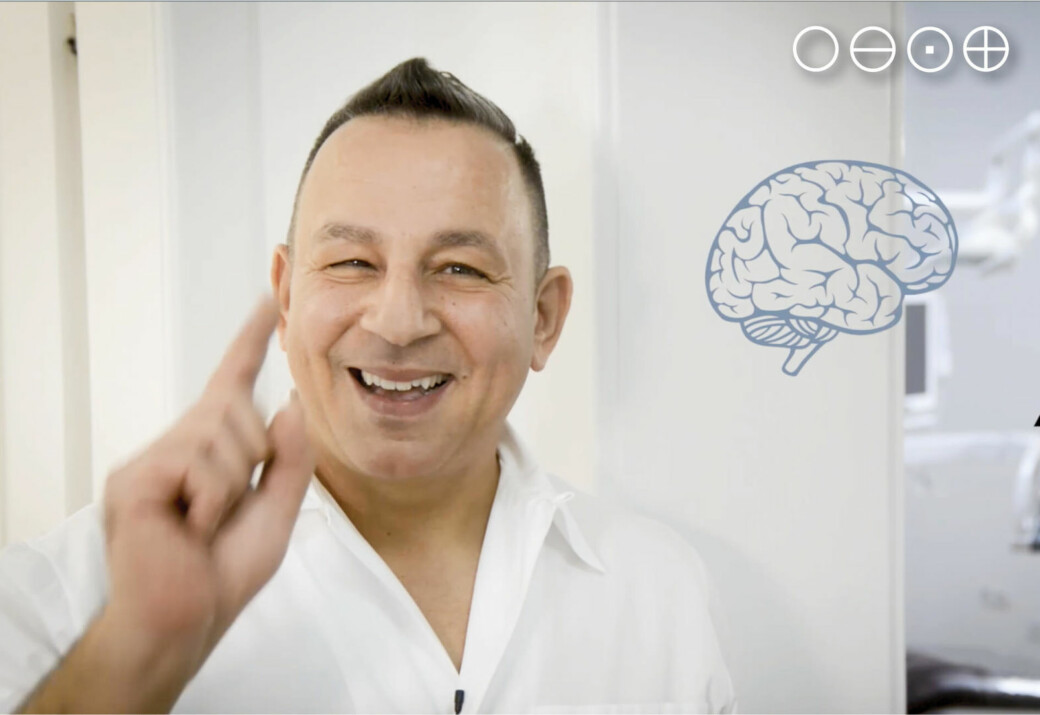
Placebo effect: A useful remedy for treatment?
The fact that the placebo effect can have a positive influence on a treatment, and thus theoretically has a lot of relevance in practice has been confirmed, not least, in an assessment by the Ärzteblatt (medical journal) on the topic (https://www.aerzteblatt.de/archiv/160266/Placebo-Wirkungen-sind-messbar). However, if a patient is treated exclusively with dummy medication, this would be fraught with ethical problems. This makes better foundational research, which will further reveal the causes of the placebo effect, all the more important.
To make matters more complicated, there appear to be greater differences in the clinical relevance of the placebo effect, depending on the field of application. This has been indicated in a large-scale study by the Nordic Cochrane Center (https://www.ncbi.nlm.nih.gov/pubmed/20091554?dopt=Abstract). A healthy portion of skepticism is therefore recommended until the placebo effect has been fully researched.
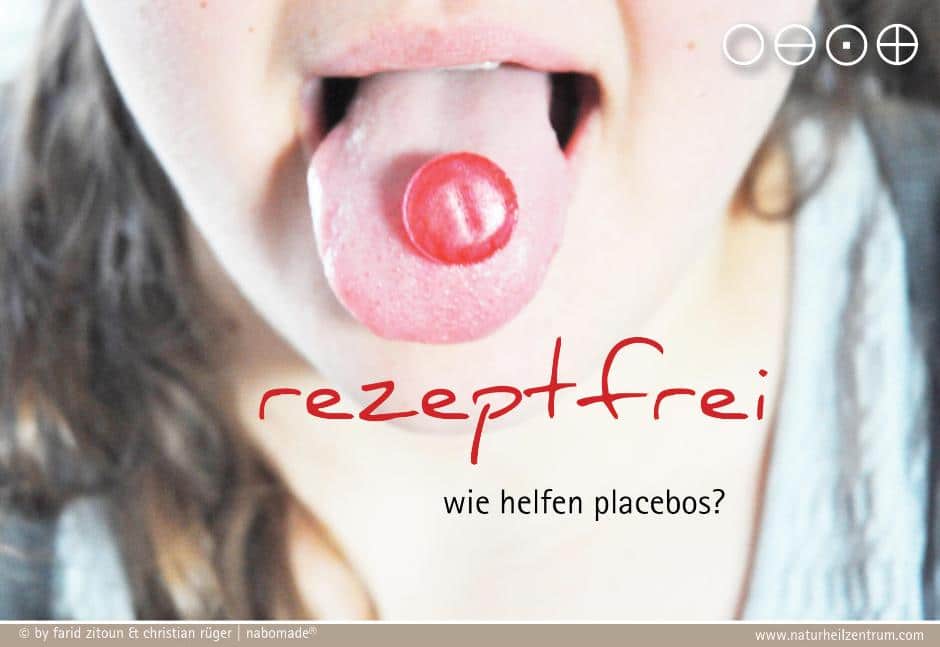
Placebo: The attitude of the patient is important
The Bottrop-based naturopath Farid Zitoun is also certain that placebos allow a fascinating view into the world beyond classic conventional medicine and even allow hope for future therapies with fewer side effects: “The placebo effect makes it clear that the purely mechanical view of the relationship between Humans and medication cannot be maintained like this. Precisely because many People today miss getting reassurance from their doctor, it will depend much more on giving patients the belief that the treatment is positively effective.”
Moreover, studies even suggest that the placebo effect itself will have an impact if the patients are aware that it is dummy medication, as long as they are clearly informed about it by their doctor.
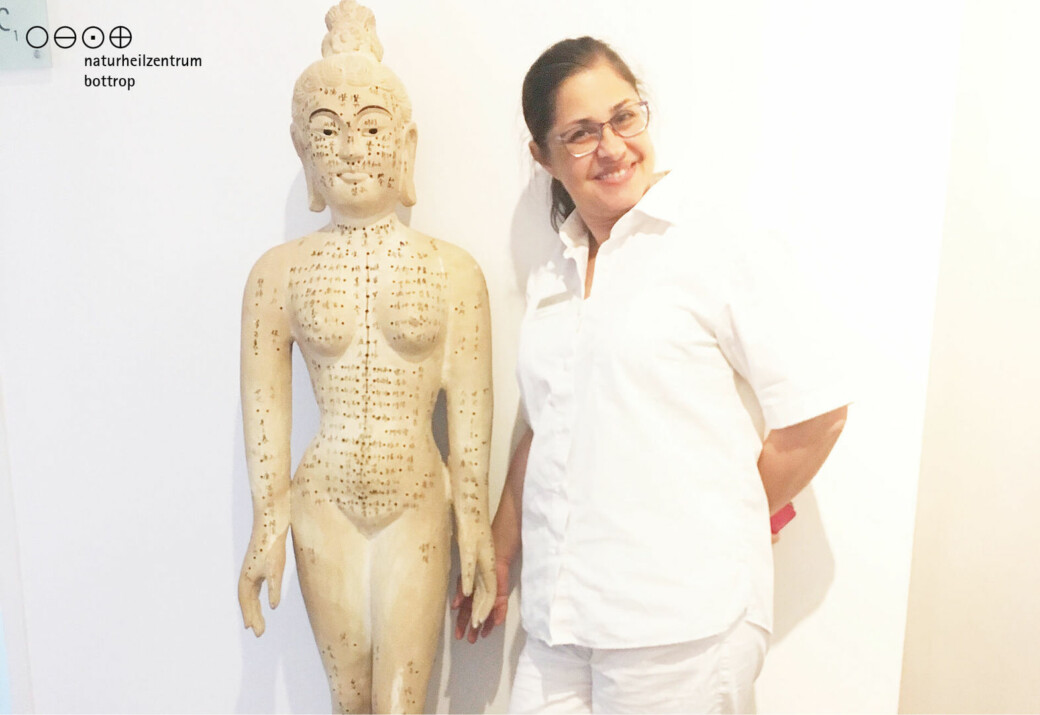
For Zitoun, this reflects the need for a rethink in the health care system: “If we perceive patients as whole Human beings, and not just as a sum of symptoms, if we respond to them and are open to them, that alone can increase the likelihood of success of a treatment. Unfortunately, this is rarely taken into account in today’s health care system.” he summarizes from his daily work at the naturopathic practice.
Effective without active ingredients?
Farid Zitoun and his colleague, Christian Rüger also deal with the topic of pain and placebos in dental practice, among others, in their new video on the Naturheilzentrum Bottrop YouTube channel. #nabomade with a fact check at the Am Stadtwald dental clinic in Gelsenkirchen-Buer. One of the leading questions here is: how can the placebo effect help against pain? The dentist, Dr. Turgay Turhan currently writes about this in the Naturheilzentrum blog.
